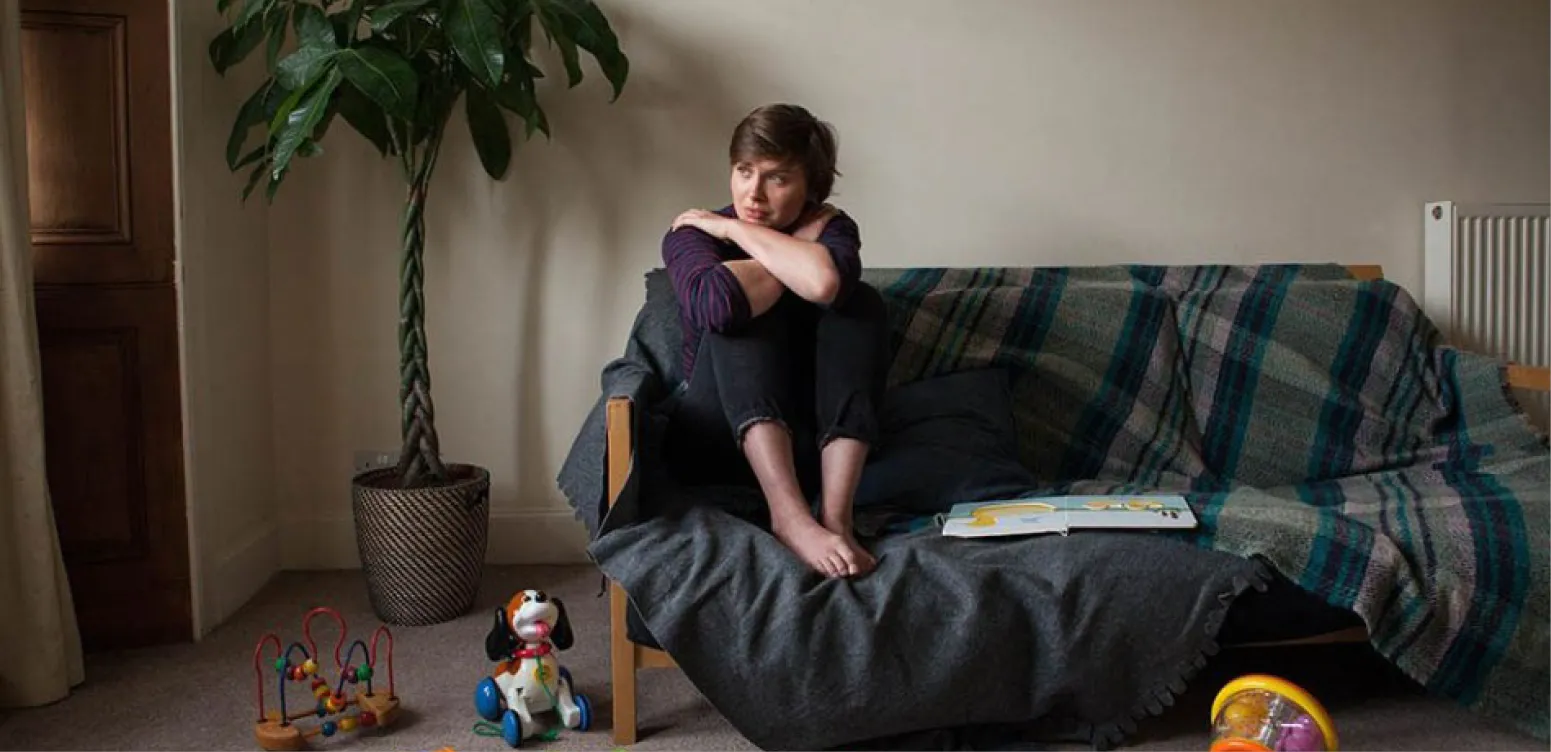Domestic Abuse is Everyone’s Business – It’s Time to Act
Following 16 Days of Activism against gender-based violence, Michelle Meldrum, Chief Executive of Berwickshire Housing Association, shared her insight with us.
Following 16 Days of Activism against gender-based violence, Michelle Meldrum, Chief Executive of Berwickshire Housing Association, shared her insight with us.

Domestic Abuse is no respecter of background, status, age, gender, wealth or ethnicity. Anyone can be a victim of domestic abuse and the statistics show it is likely there will be both customers and colleagues in your organisation experiencing domestic abuse right now. Police Scotland receive a call about a domestic abuse incident every 9 minutes and research confirms that the cost-of-living crisis is making the abuse worse.
The definition of domestic abuse goes beyond physical abuse and includes verbal abuse as well as emotional/psychological, sexual and financial abuse. Violent and threatening behaviour tends to be what we hear most about via the media and many are less familiar with the other types of abuse. RSL colleagues are well placed to spot the signs of all types of abuse, even those which are more hidden, like financial abuse and emotional abuse.
Financial or economic abuse involves the control of a partner’s (or ex-partner’s) economic resources, including money and those things that money can buy. It is a form of coercive and controlling behaviour that can impact on the victim long after a relationship has ended. The abuse diminishes the victim’s capacity to support themselves and increases their dependence on the abuser. As RSLs we can spot the potential signs of economic abuse in rent payment trends, for example, if previously consistent rent payments cease or are reduced, or if rent payment methods change and are inconsistent. In terms of our colleagues, it might be that suddenly they can’t afford transport costs to come into the office as frequently or can’t afford to come out on work socials.
Emotional or psychological abuse includes a pattern of non-physical behaviours that try to control, isolate and frighten the victim. Perpetrators often use a wide range of hidden tactics to control and brainwash their victim. For example they will communicate insults as a joke, present a different version of events to the reality, constantly criticise and instil doubt and worthlessness. The victim will start to doubt their ability to trust their own thinking and perceptions, feel vulnerable and are more likely to stay in the abusive relationship. Given the relationships we have with customers and colleagues, we may notice changes to their demeaner - they may seem worn down, unhappy, have lost their spark and confidence.
The impacts of domestic abuse are devastating and go way beyond the individual victim. Children, families, household members, neighbours, employers, colleagues, and wider communities can all be impacted. The emotional impact on children witnessing the abuse can be significant and last a lifetime.
For many of the rural RSLs there are additional factors to consider. Research from Safelives Scotland in 2020 stated that survivors living in rural areas experienced abuse for 2.5 years longer before disclosing than survivors in cities. In addition, two-thirds of survivors developed mental health issues as a result of the domestic abuse.
Sadly, this issue is not going away and the business impacts for RSLs can manifest themselves in core indicators such as increased repairs costs, increased complaints, increased arrears, increased absenteeism and reduced productivity. There is a business case to get involved, however, more importantly, as responsible organisations, there is a moral case - it is simply the right thing to do.
What role can we play?
As RSLs we are privileged to have a unique place in communities with the opportunity to build strong relationships with customers and other residents. Our colleagues and contractors have access to homes that other organisations simply do not have. We can train them to spot the signs of domestic abuse and how to report concerns safety. We can be the voice of those who have been silenced and stripped of their dignity and confidence.
For RSLs to sustain a proactive approach, leadership and organisational culture are key. In line with the CIH’s “Make a Stand” pledge, every RSL could appoint a senior leader as the organisation’s “Champion” in this area. The desired culture is one that encourages professional curiosity to look beyond the surface and welcomes learning from survivor stories and other related feedback that helps to further improve our response.
Rightly so, the social housing sector invests millions of pounds each year to ensure compliance with statutory and regulatory resident safety requirements to ensure customers remain safe in their homes. However, as a sector we invest very little on domestic abuse interventions meaning victims of abuse continue to feel unsafe, frightened and trapped in their own homes. One of the worst feelings ever.
Here are some practical examples of what we can all do with limited resource implications.
Many RSLs are already doing some fantastic work in this area and have these things in place however, the findings from the “Policies not Promises” report from CIH Scotland and Scottish Women’s Aid earlier in the year, suggests many do not.
As referenced earlier, the issue of domestic abuse is not going away and it continues to impact on our colleagues, our homes and the customers and communities we serve.
In future it is anticipated that regulation will be strengthened in this area, however, it’s a shame if it takes statutory and regulatory interventions to motivate the sector into doing more. Working together we can make such a difference. The time to act is now.
Michelle Meldrum
Chief Executive, Berwickshire Housing Association
Advisory Board Member – “Addressing Domestic Abuse”